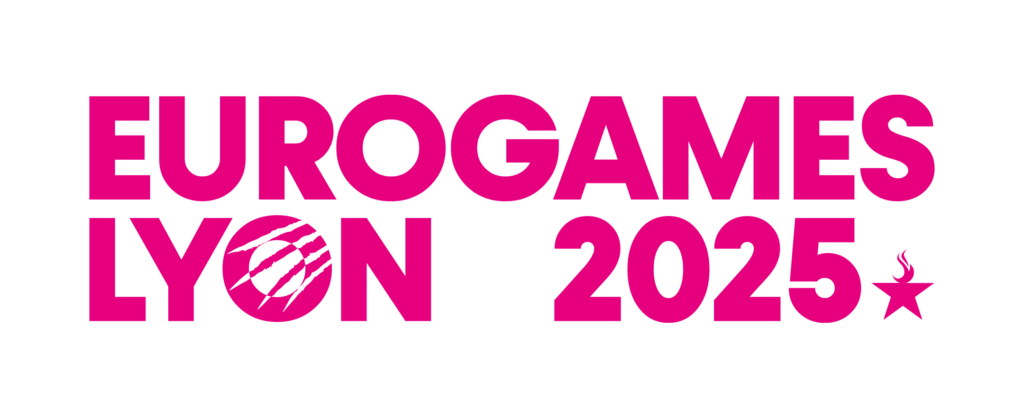- Inclusion & Diversity
The EuroGames: Strengthening Inclusion for FLINTA Athletes
The EuroGames have long been a platform to celebrate diversity and inclusion in sport, but the efforts to include FLINTA (women, lesbians, intersex, non-binary, transgender, agender individuals) have become a central focus in recent years. Historically, the participation of FLINTA individuals in sports has been hindered by societal, financial, and structural barriers. However, through dedicated measures, the EuroGames are working to address these challenges and ensure that more FLINTA athletes can participate.
A positive trend in non-male participation
There is no data monitoring the FLINTA participation in the different EuroGames. However, non-male participation has been monitored and is partially related to FLINTA participation . The data from recent EuroGames shows a steady increase in non-male participation:
- 25% in Helsinki (2016),
- 10% in Rome (2019),
- 19% in Copenhagen (2021),
- 29% in Nijmegen (2022),
- 37% in Bern (2023),
- and 34% in Vienna (2024).
These numbers demonstrate a positive trend, reflecting growing awareness and inclusivity. Despite this progress, there is still work to be done to ensure greater gender diversity and equitable participation. The aim for the EuroGames in Lyon 2025 is to consolidate this growth and further expand opportunities for FLINT individuals, especially by addressing financial and social barriers.
Barriers to access
Sports, for many FLINTA individuals, remain inaccessible due to a range of challenges. Women, for example, often face lower income levels compared to men in many European countries (an average 13% difference in Europe*), making it harder for them to afford participation in sports events. Transgender and non-binary individuals frequently find themselves in even more precarious financial situations, further limiting their ability to take part**. Beyond finances, these groups also face increased discrimination in sports, with trans, intersex, and non-binary people encountering hostile environments**. Women’s sports, despite progress, remain plagued by sexism, which affects their visibility and inclusion.
EuroGames initiatives to support FLINTA athletes
To address these challenges, the EuroGames in Lyon will implement several key measures aimed at promoting FLINTA participation and making the event more accessible. These measures include:
- Preferential pricing: Offering reduced registration fees for FLINTA participants to make the event more affordable. See article “EuroGames Pricing Policy”
- Dedicated and mixed sports categories: Creating dedicated categories for non-binary people e and mixed categories to allow participants to compete in environments where they feel safe and respected. In all cases, allowing people to register and compete in the gender of their choice.
- Special event programming: Organising dedicated social and networking events that allow FLINTA individuals to connect and share experiences.
Why it matters
By putting these initiatives in place, the EuroGames are not just making it easier for FLINTA athletes to participate but are also addressing deeper issues of discrimination and inequality in sports. These actions help create a more welcoming and supportive environment, which can encourage more FLINTA individuals to take part in sports in the future. The goal is not only to balance gender participation but also to foster meaningful connections and build lasting bridges between participants from diverse backgrounds.
In doing so, the EuroGames are paving the way for a more inclusive sports culture—one that celebrates everyone, regardless of their gender or identity.
References:
* EuroStat, Gender pay gap statistics – LIEN
** (ILGA report: Diving into the fra lgbti – survey data trans and non-binary briefing – LIEN
Socioeconomic status:
- When asked if their household total income met their needs, more than 1 in 5 trans and non-binary respondents said they had “difficulty” or “great difficulty” (22.28%, compared to 13.91% of all LGBTI respondents;)
- When asked about their experiences of homelessness, 25.62% of trans and nonbinary people have experienced housing difficulties. This number is higher for trans and non-binary respondents with disabilities (39.11%) and trans and nonbinary respondents from ethnic minorities and/or migrant backgrounds (40.20%).
